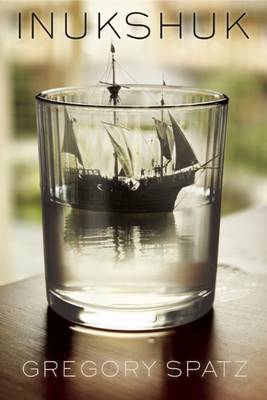
wcs53
Written on Jun 18, 2012
Thomas believes that he is directly descended from the historical Franklin, and in his mind and his notebooks he is constructing the story as a movie. He also wants to feel he is part of the story, so he is experimentally trying to give himself scurvy. Through food deprivation and some illicit drug-taking he has hallucinations of some of the Franklin crew.
The book is well written and keeps moving at a regular space, weaving together the stories of the main characters from today with the stories of those from the past. The writing is very descriptive and you can almost feel the chill of the arctic and the pain and despair of the ill-fated sailors, being drawn into the dark depths of scurvy, starvation and cannibalism.
It's not a long book and there are no wasted words. The ending was good, in that the reader is left with a sense of wondering what comes next, but also knowing that, in some sense, there is the feeling that things will work out well for the main characters.
It was the parallel story of the Franklin expedition that drew me into this book because over the years I have had a fascination with this story. I grew up in Orkney, the birthplace of John Rae, who discovered the fate of the Franklin expedition. Unfortunately, he never received the recognition he should have in his lifetime, because of some of the suggestions he made following his discovery. Inukshuk has inspired me to go back to some of those stories and to read up more on this fascinating chapter of history.
I'd heartily recommend this book. If nothing else it is a well-written story, but, as I have written, it is a lot more and is a great weaving together of history and fiction.
